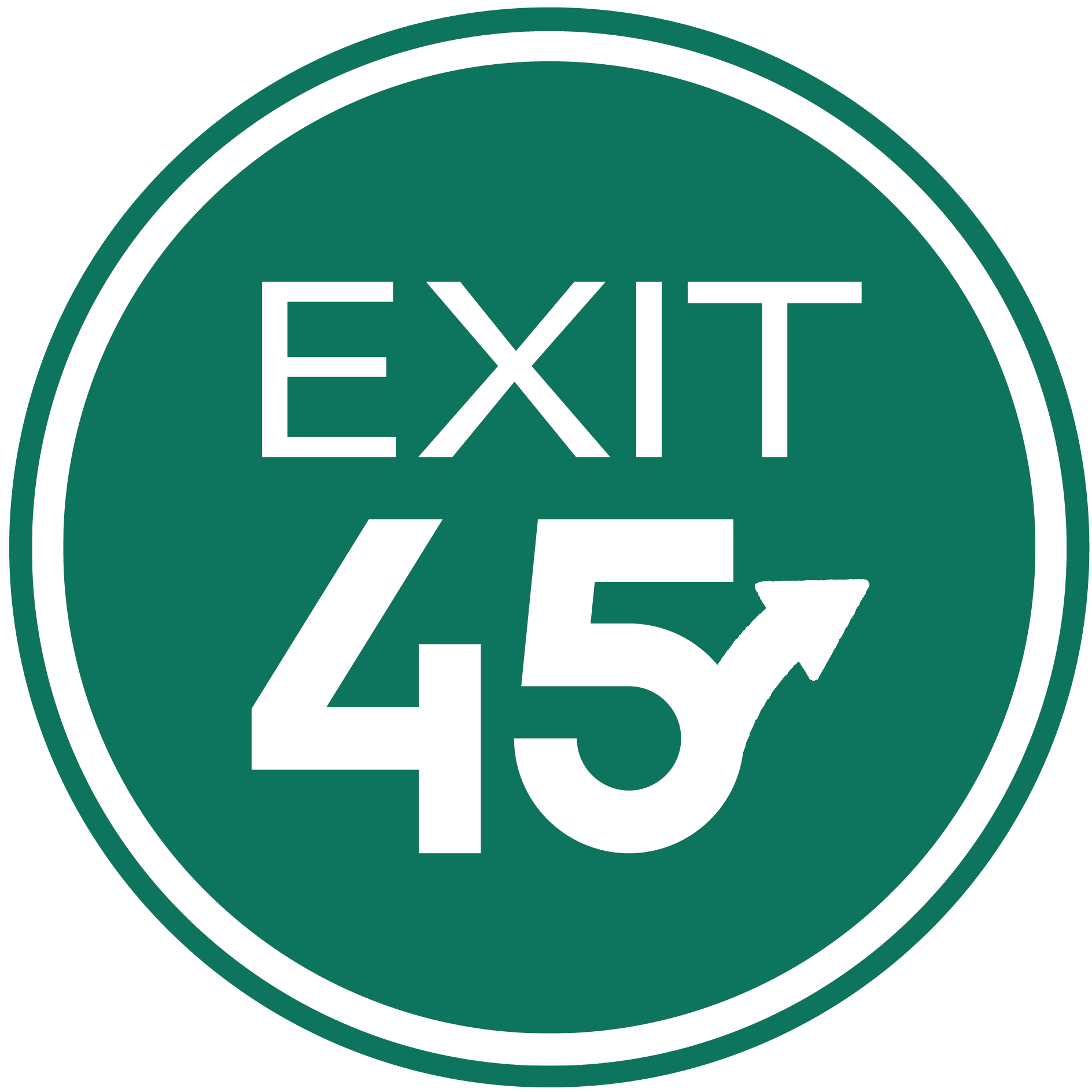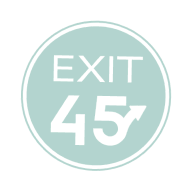Can You Afford To Sell Your Business?
In the last issue (#14), we discussed The Top 10 Ways to Increase Your Business’ Value. In this issue we ask the question Can You Afford to Sell Your Business?
" The question isn't at what age I want to retire, it's at what income." George Foreman
Can You Afford To Sell Your Business?
One of the primary reasons business owners sell is to enter the retirement phase of their lives. Especially when that is your motivation, you need to determine if you can afford to sell the business.
If you don’t try to ascertain affordability on the front-end and put your business on the market without that information, you may be negatively surprised and have to back out of an agreement imminent to closing. That can be emotionally painful while also creating potential legal issues. In addition, if a confidentiality breach occurs as a result of such a scenario, you run the risk of damaging future salability of your business.
Obtain a realistic estimate of the value of the business
The first step to determining if you can afford to sell a business is to obtain a realistic estimate of the current fair-market value. Many business brokers are interested in developing long-term relationships with prospective sellers and will provide no-charge, no-obligation evaluations of businesses, including a broker’s opinion of value. In fact, it may be a good idea to obtain a second opinion by talking with a couple of brokers. Consider reading our Special Report, “Insider Secrets To Selling Your Business – Business Broker Best Practices and Selection Criteria,” to aid you in selecting brokers to work with.
Find a professional advisor with business exit planning experience
Once you have a realistic idea of the current value of your business, determine if your existing professional advisors have business exit planning experience. Exit planning can be a sub-specialty for other licensed professionals such as CPAs, attorneys, financial planners, investment consultants, etc. Another alternative is working with a certified exit planner, a relatively new profession that specializes in helping small business owners through the business exit planning process.
Estimate your future income
Although it is not unusual for the company to be a business owner’s largest asset, there are usually other types of income and assets that should be taken into account when planning for retirement. These may include spousal income, Social Security income, other retirement income and plans, IRAs, annuities, other types of investment securities and savings, real estate holdings, life insurance cash values, etc. In addition to the net proceeds from a business sale, those other assets and income should also be factored into the retirement calculations.
Estimate the net proceeds of a business sale after taxes and debt repayment
In the previous sentence, note the phrase “net proceeds” from the business sale. There will be tax implications of selling your business, and in many instances they are very significant. In addition, out of the gross proceeds of a sale, you may have to pay off outstanding liabilities of the business, which can include accounts payable, working capital loans and other types of loans for items such as equipment, automobiles, real estate, etc. that were carried on the company’s books. The selling price of a business is often far more than the net proceeds ultimately retained by the seller.
Consider your post-exit lifestyle
The type of lifestyle you want to live in retirement is also a major consideration. If you want to travel around the world or maintain a second home in Florida, you need to determine the affordability. Depending on individual circumstances, lifestyle and expectations, some may need $3,000/month to retire comfortably, others may need $15,000/month. It is important to estimate your retirement living expenses and it’s best to work with a professional to get through that process.
Determine if you can afford to sell the business
Working with professionals to help gather all the data necessary to project the affordability of your desired retirement lifestyle is a critical step in the exit planning process. In many instances, business owners need to adjust their lifestyle expectations to the reality of their personal financial situation. It is far better to accomplish that early in the process of making the decision to sell your business.
"When I was young I used to think that money was the most important thing in life; now that I am old, I know it is." Oscar Wilde
Overcome the Power of Inertia
Overcome the Power of Inertia and call a business broker for a free consultation. Many brokers offer no-charge, no-obligation evaluations of small businesses. They can provide a broker opinion of value and help you identify obstacles to a successful sale as well as opportunities for improvement to increase the value of your business. That is a great way to start planning for a successful and profitable exit from your business.

